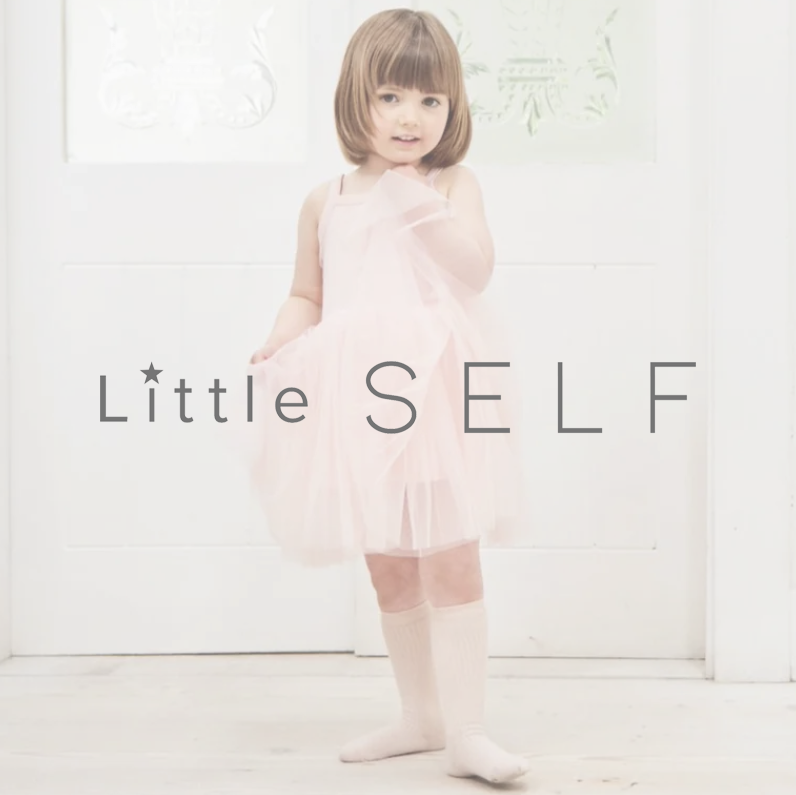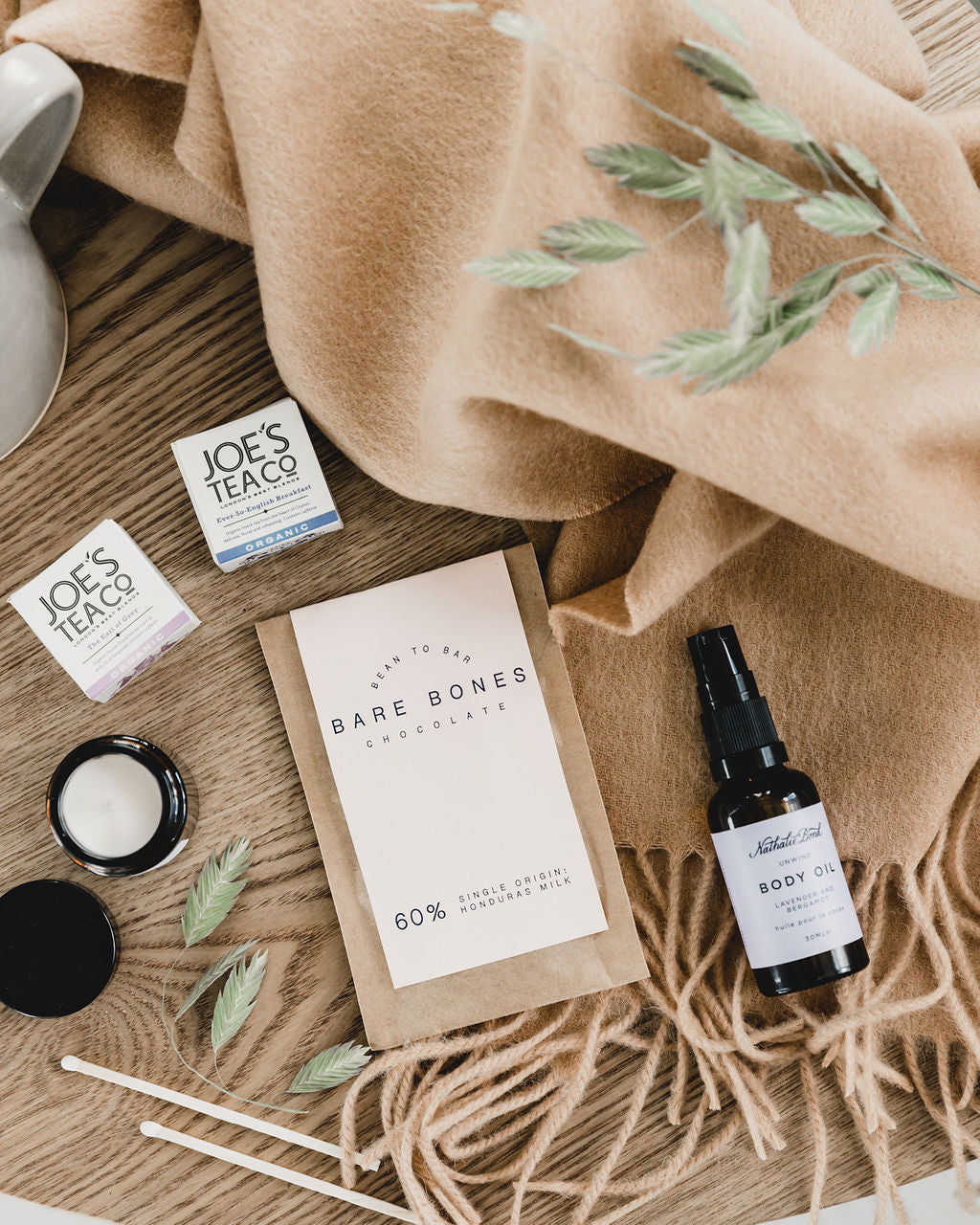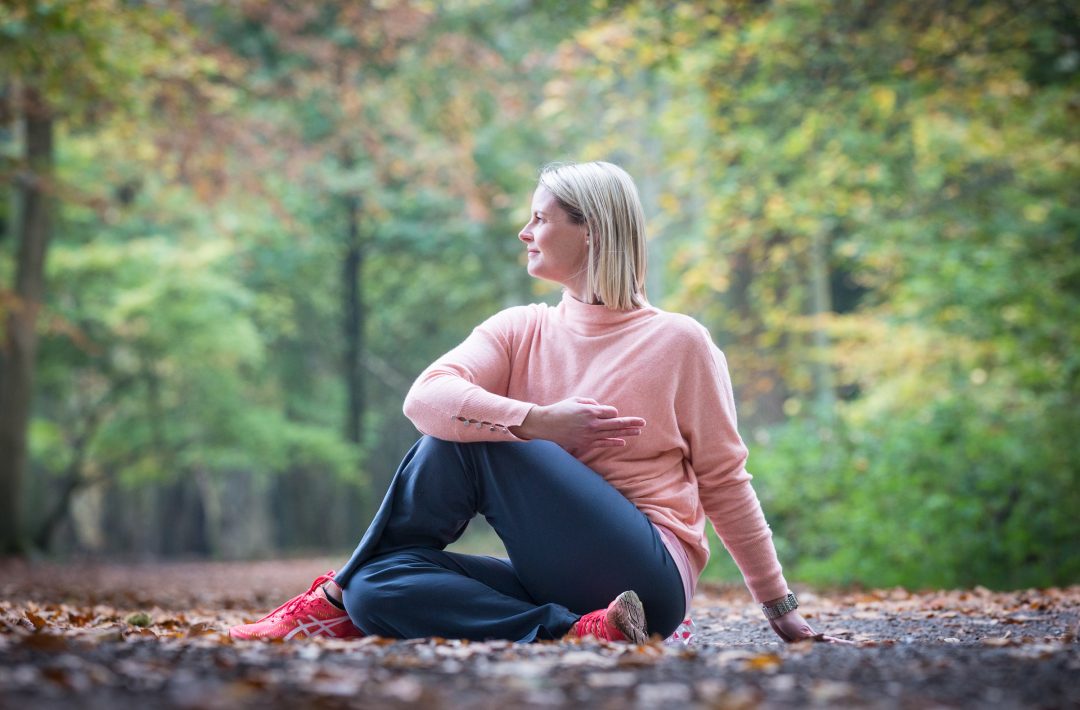
How To Adopt a More Active Lifestyle Longterm with Marti Susanne
Most people would admit they should be more active, and understand exercise is good for their mental health & wellbeing. So why do so many people have a start-stop mentality, and struggle to adopt a more active lifestyle longterm.
Fallen off the metaphorical wagon?
Are you setting yourself up to fail?
Simply put, modern life is so full on and damn hectic for most, and if regular activity isn’t already part of your lifestyle-culture, then you may accidentally set yourself up to fail.
I mean this from a place of love because in my 15 years coaching thousands of clients to adopt more sustainable longterm healthy behaviours, remove emotional blocks & feel confidently happier, this is one of the main reasons for lack of longterm consistency.

"Let me show you how to set yourself up for success."
Many people over estimate how much they need to exercise to reap the rewards of feeling good & also underestimate the time they have available.
They think it’s going to take so much effort and time, and often initially, go hell for leather throwing themselves into “insert new exercise regime”.
Think of all those new year new me ideas, only to quit or feel totally deflated and fed up a few weeks in due to lack of progress or time! Can you relate?
This isn’t great for mental wellbeing.
It leads to so much frustration, disappointment and can make people feel bad, or worse about themselves. And even stressed as they try to shoe horn being active into their already busy lives. Exhausting.
I know it’s of no surprise to you that exercise has so many health benefits. It has a powerful stress buffering effect. People who exercise regularly report much less stress and when put to the test, randomised clinical trials have shown acute bouts of exercise are effective at reducing self reported stress levels and improving quality of life. (Dr Micheal Greger - How not to Die)
For many it’s the getting started and keeping going that is the problem. Also for others they just ‘don’t enjoy it’.
I’d like to help you begin an exercise or movement routine that works for you and your lifestyle, and is something you can sustain longterm and feel great about too:
It’s critical to start where you are at. Doing so will help you get clear & make a realistic plan.
"Set aside 5 minutes to do the following exercise."
What are your whys & aspirations?
Would you get in your car not knowing your destination?
Why do you want to be more active?
Whether it’s to improve your mood & memory, reduce stress and anxiety, or look better. Whats your WHY?

NB: Notice if this is moving you towards pleasure; eg. I enjoy feeling fitter or away from pain; I want to reduce feelings of anxiety (in our actions we are always doing one or the other!)
Now you know the what …
Let’s put some action into place.
Where do you ideally want to be in say 30 days, 60 days and 90 days from now?
Make a note beside the 30 day heading - then write…
- What needs to change for me to move towards this?
- What needs to happen to achieve this in 30 days? (Action)
- Three actions I can take that will move me closer to it?
Take a minute to ponder on these.
Start with only the next 30 days. Don’t overthink it, just reflect and observe without judgement. Wherever you are is totally ok.
Having a plan feels good. It's empowering and increases feelings of motivation, excitement and readiness.
Now, ask these key questions…
Am I time rich or time poor?
“How much spare time do I have around my life each day to focus on movement?"
A professional, for example, who’s single with no children, is going to have considerably more time currency available each week than a busy working mum running her own business. So, be honest how much time can you truly dedicate to movement each day, 60 minutes, or 5?
“I want to exercise and move X times a week”
Consistency is anything you keep repeatedly doing confidently. Consistency is the taking action not the actual time doing it. This is what develops habits and as we know habits create your reality.
Now with these two in mind, you have the time and frequency sorted.
A plan. Now …
What do you enjoy?
If you hate the gym, don’t do that! You’ll never be consistent long term at something you don’t like. There are so many ways to move and groove. And being active at something you enjoy is so enriching for your mind and body more than what it actually is.
Here are a few to get your creative juices flowing;
Join a hiking club
Ask a friend to exercise with you
Get out in nature for a walk locally
Start a new active skill like dancing
Try a yoga class
Like water? Give paddle boarding a go, kayaking, cold water swimming (which has great mental health benefits by the way)
Start jogging
Workout at home
Join your local climbing or bouldering centre
Find a cycling club or local cycle route
If you’re not really sure or love variety, why not give several a go until you find an activity that clicks with you.
Even getting outside in nature has huge benefits for our emotional and mental wellbeing. Breath deeply, look up at the sky, feel the sun on your face, the wind in your hair and spend a few moments noticing the sounds and colours of life around you.
The human form is not meant to be sedentary, sitting at desks for hours.
We are designed to move and movement moves energy out of our bodies, which can have considerable benefits for our mental and emotional wellbeing.
Even getting up from your desk every hour, stretching your legs, going for a 10 minute walk in your lunch, or doing a few squats after a natural break can freshen the mind, reduce stress and enhance wellbeing.
Aim for 1% better. It’s a powerful idea I learnt from James Clear’s book Atomic Habits. It gathers momentum if you give it time. How can you give yourself 1% more activity today?
Move to improve mental wellbeing
Marti Susanne Hobby
Therapist & Mental Fitness Coach








